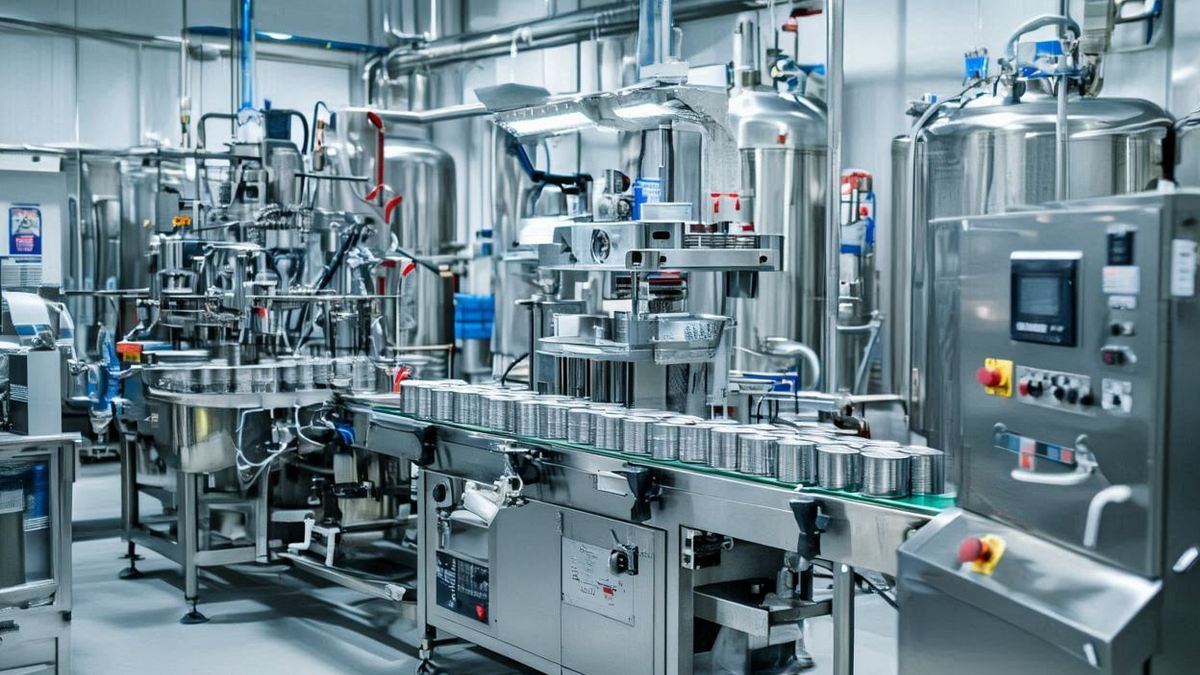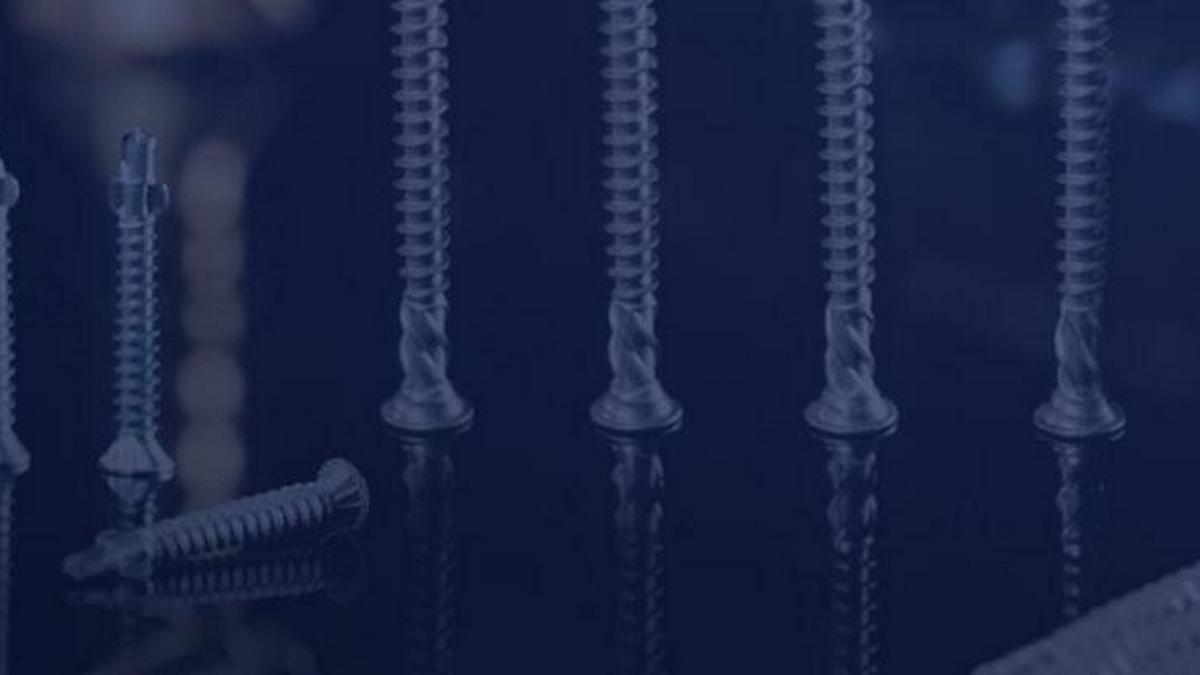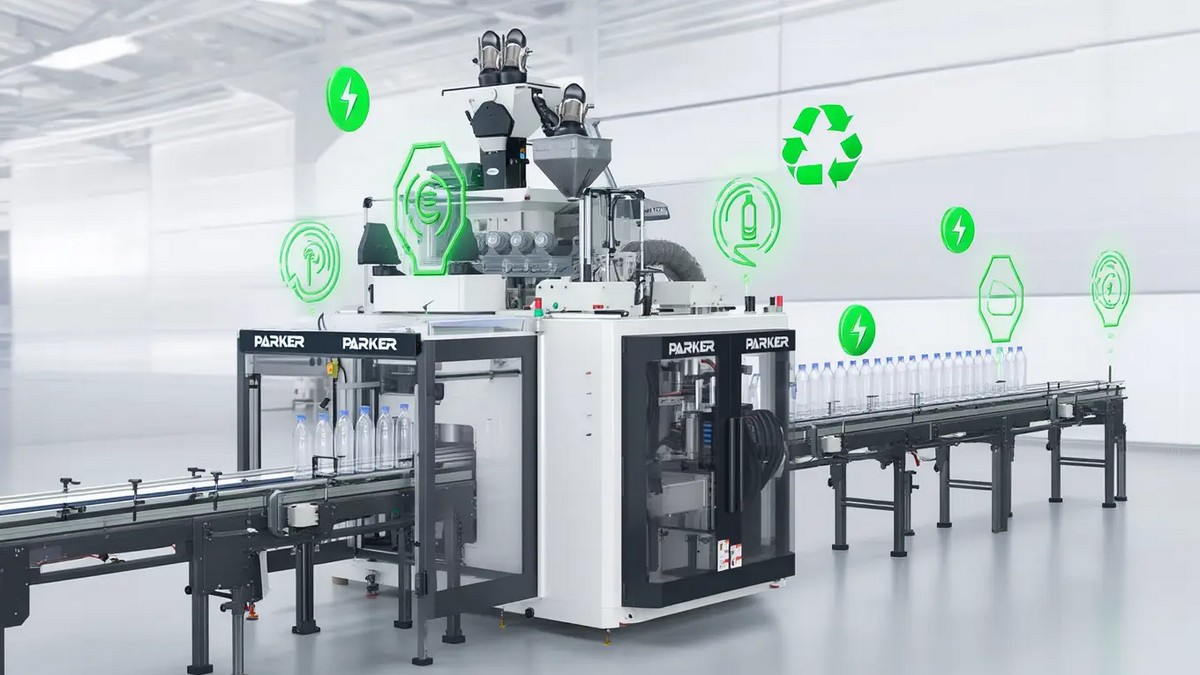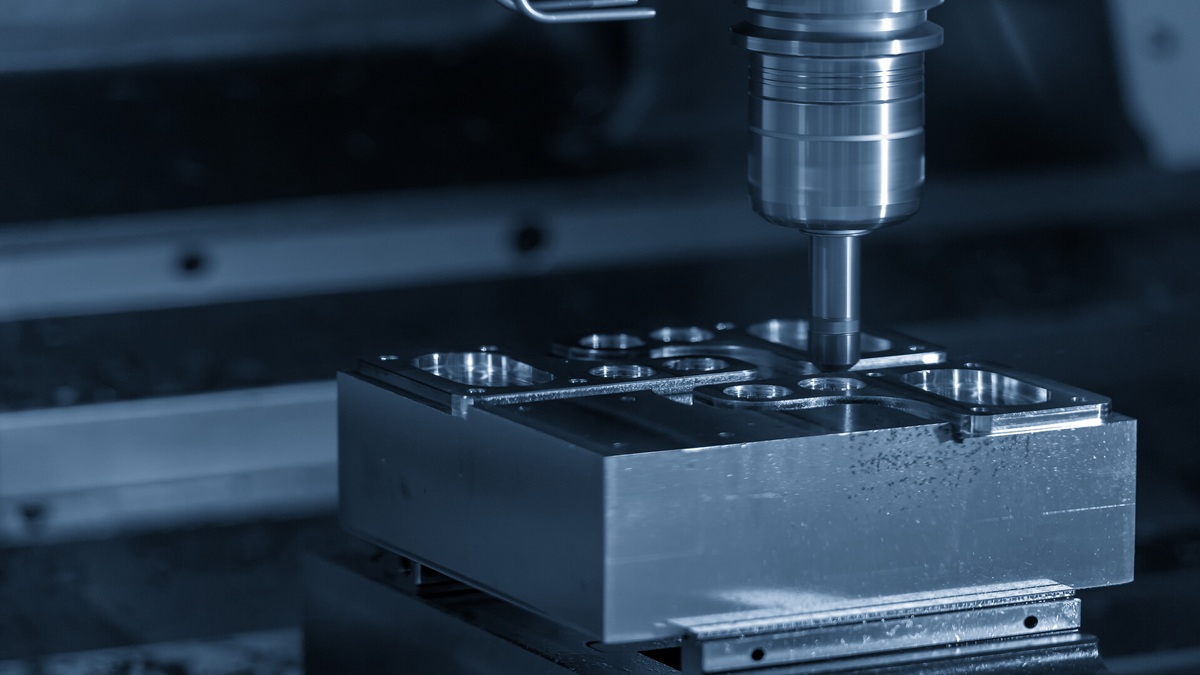Solid-state batteries (SSBs) are set to have a massive impact on the electric vehicle (EV) market because they store more energy, charge faster, and are safer than standard liquid lithium-ion batteries. However, due to challenges such as material behavior, battery microstructure, short service life, and cracking caused by thermal expansion and contraction, their design still faces many obstacles. With major automotive and battery manufacturers competing to mass-produce SSBs for EVs, the global solid-state battery market is projected to grow from $85 million in 2023 to over $960 million by 2030.
Taiwan’s Solid-State Battery Market: A Global Growth Engine
Taiwan is rapidly emerging as a global leader in solid-state lithium-ion battery (SSLB) technology, driven by its robust R&D ecosystem and strategic investments in next-generation energy storage solutions. With the Asia-Pacific region holding a dominant 43.76% market share in 2024, Taiwanese manufacturers are positioning themselves at the forefront of this transformation by investing heavily in research, development, and manufacturing. They are poised to play a pivotal role in the industry's continued expansion.
Battery Basics
A lithium-ion battery is composed of a cathode, anode, separator, and electrolyte. The liquid electrolyte is volatile and flammable at high temperatures. These batteries pose safety risks, as they can leak chemicals or catch fire if there is a short circuit or physical damage, such as from a collision. Additionally, there is limited potential to expand energy density with current designs—currently, the only way to increase power in an EV is to add more batteries, which increases size, weight, and cost.
Solid-state batteries, on the other hand, use a solid electrolyte, which is more stable, less flammable, and safer. Improved safety reduces the need for extensive monitoring electronics in the battery packs. Greater stability allows for faster charging and higher energy capacity compared to liquid lithium-ion batteries. This enables EVs to travel farther between charges, reducing “range anxiety” among drivers.
According to JDPower.com, “solid-state batteries can reach an 80% charge within 15 minutes and incur less strain after multiple charging cycles. A lithium-ion battery will begin to degrade and lose power capacity after 1,000 cycles. A solid-state battery will maintain 90% of its capacity after 5,000 cycles. This allows solid-state batteries to be lighter, have more energy density, offer more range, and recharge faster.”
More Development Needed
There is, however, still considerable R&D required before the mass commercialization of solid-state batteries (SSBs) can be realized. Issues such as material behavior, battery microstructure, short service life, and cracking due to thermal expansion need to be resolved.
Development costs for SSBs remain high, as they are difficult to manufacture at scale using current technologies and materials. One approach to reducing manufacturing costs is through additive manufacturing, or 3D printing. For example, Blackstone Technology has developed a 3D-printing platform for producing solid-state battery cells. Another technology company, Sakuu, has successfully 3D-printed an SSB using a binder jet printing process developed at MIT.
Using a new design and multiple cathode materials, Harvard researchers have recently developed a stable SSB that can be charged and discharged at least 10,000 times—nearly twice as many cycles as previously possible—while maintaining high energy density.
Leading Taiwanese Innovators in Solid-State Battery Technology
ProLogium Technology
Founded in 2006, ProLogium Technology has been a pioneer in SSLB development. In January 2024, the company inaugurated the world's first gigafactory for solid-state lithium ceramic batteries in Taoyuan, Taiwan. This facility, with an initial annual capacity of 0.5 GWh, aims to scale up to 2 GWh to meet global demand.
The Taoyuan plant’s current 500 MWh production capacity is enough to power approximately 6,500 vehicles, assuming around 77 kWh per vehicle. When the plant reaches its full capacity of 2 GWh per year, it will be able to supply batteries for up to 26,000 electric vehicles.
ProLogium's batteries utilize a ceramic separator, silicon anode, and nickel manganese cobalt (NMC) cathode, offering high energy density and rapid charging capabilities. Notably, their batteries can achieve a 300 km driving range with just a five-minute charge—significantly outperforming traditional lithium iron phosphate batteries.
ProLogium Technology is currently the world’s only solid-state battery manufacturer to have reached mass production and continues to inspire global battery innovation toward a fully electric, sustainable future. The company plans to begin mass production at a new factory in France by 2027, further solidifying its international presence. Collaborations with major automakers, including Mercedes-Benz and VinFast, underscore ProLogium's global reach.
Formosa Smart Energy
In collaboration with the Battery Research Center of Green Energy at Ming Chi University of Technology, Formosa Smart Energy is spearheading Asia's first academic project on all-solid-state battery development. With an investment of NT$230 million (approx. US$7.13 million), the partnership aims to establish a pilot production line using advanced German equipment, with trial mass production expected by the second quarter of 2027
Giga Solar Materials Corporation
Headquartered in Hsinchu, Taiwan, with production facilities in both Taiwan and China, Giga Solar specializes in photovoltaic materials. Its core business includes the manufacturing of conductive paste for PV cells and electronic components. As one of the top three conductive paste manufacturers, Giga Solar is also actively developing and producing next-generation materials for battery applications.
Giga Solar has partnered with Solidion Technology to develop the U.S. battery market. This collaboration focuses on accelerating the production of innovative silicon oxide (SiOx) anode materials, which are crucial for enhancing the performance and safety of solid-state lithium batteries (SSLBs).
Solidion and Giga Solar already have approximately 100 metric tons per annum (MTPA) of production capacity in Taiwan and are exploring U.S.-based manufacturing opportunities and market strategies for commercializing advanced SiOx solutions. With growing demand for EVs and energy storage systems, silicon oxide is emerging as a preferred anode material, offering significant advantages over conventional battery technologies.
Business Opportunities and Investment Trends
Taiwan's advancements in solid-state battery technology present significant opportunities for investors and businesses:
• Electric Vehicles (EVs): The enhanced safety and energy density of solid-state batteries make them ideal for EV applications.
• Renewable Energy Storage: Solid-state batteries offer improved stability and longevity, essential for storing renewable energy.
• Consumer Electronics: The compact size and safety features of solid-state batteries are advantageous for wearable devices and other consumer electronics.
Investments in this sector are on the rise, with significant funding directed toward R&D and manufacturing facilities. For instance, ProLogium has raised substantial capital from global investors, including Mercedes-Benz and POSCO, to expand its production capabilities. Collaborative efforts between Taiwanese companies and international partners highlight the country’s commitment to innovation and its potential to drive significant advancements in battery storage–dependent industries.












.jpg)
.jpg)
